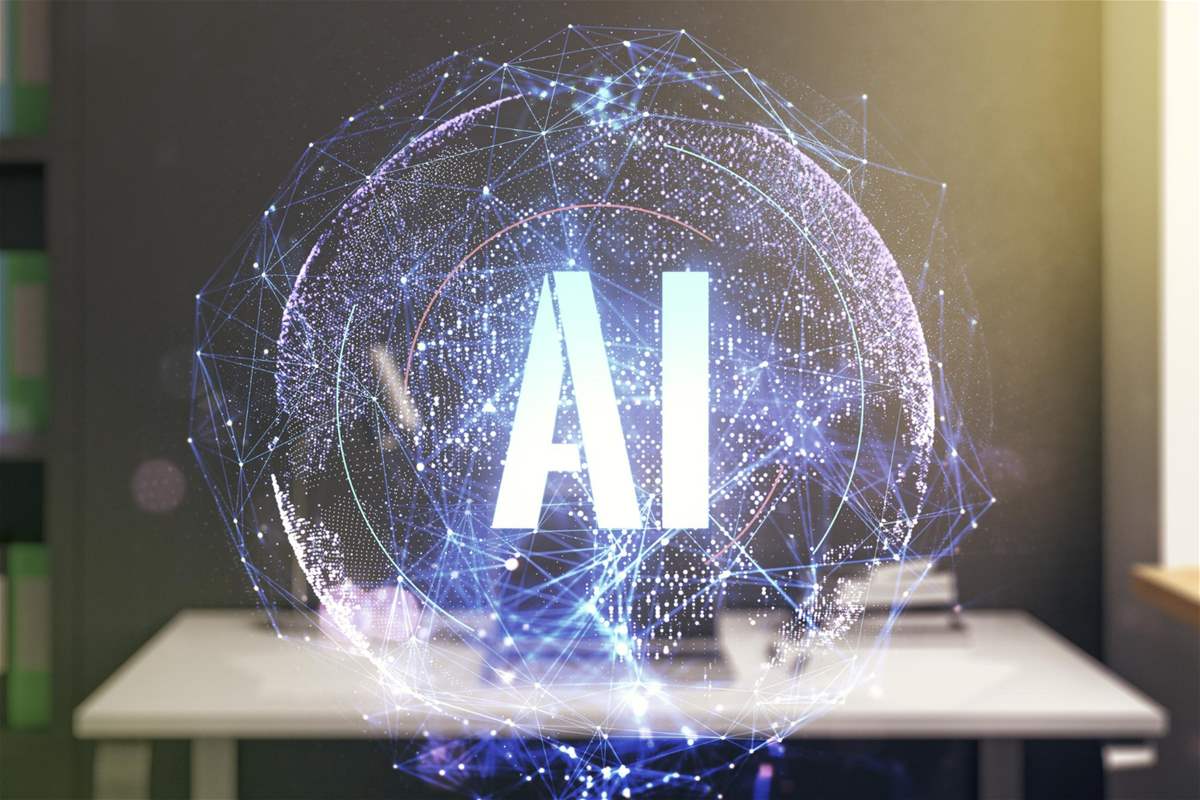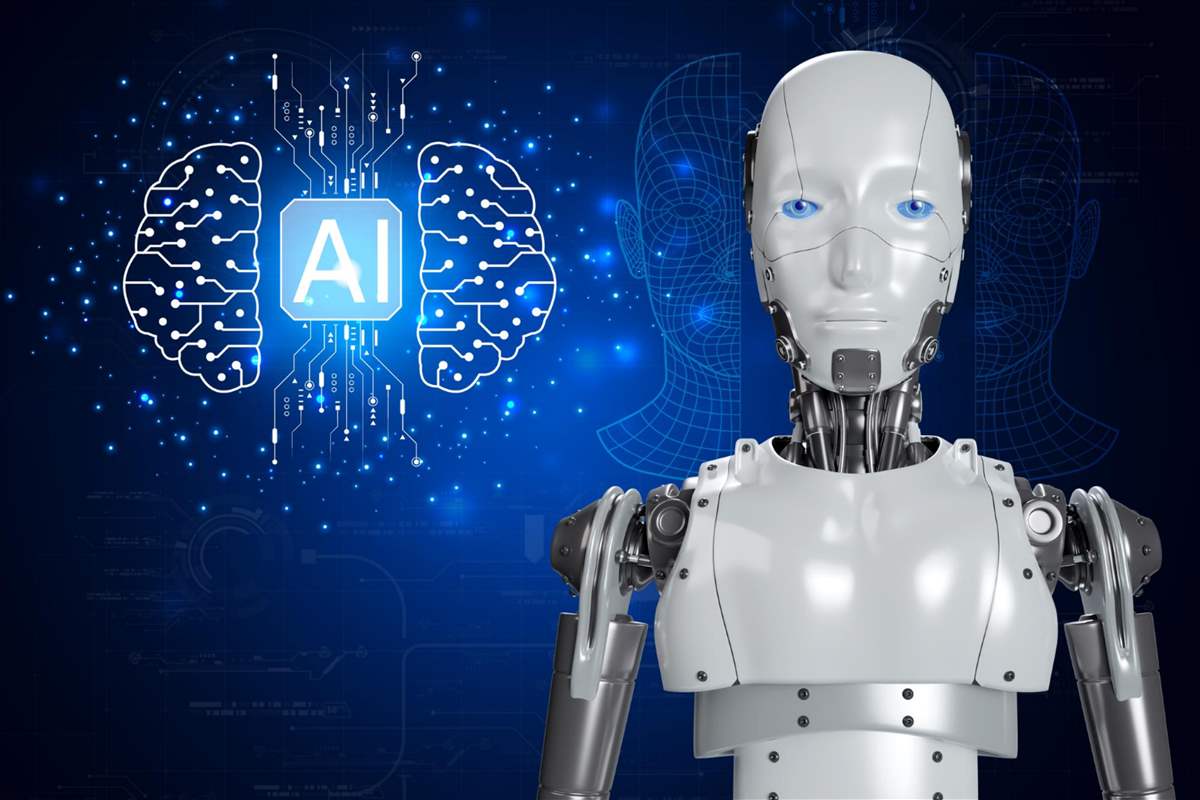There is a certain exhilaration and fear associated with the idea that artificial intelligence (AI) would eventually exceed human intelligence. Even while AI has already shown incredible promise in a number of fields, the idea that it would surpass the intellect of the world's smartest human raises important concerns regarding the nature of intelligence, morality, and the effects on society as a whole.
With the recent advancements in machine learning, neural networks, and computing power, artificial intelligence has come a long way. These days, AI systems are capable of carrying out intricate tasks like image recognition, natural language processing, and decision-making at a level of accuracy and efficiency that approaches—and in certain situations surpasses—that of human beings. With AI developing at an exponential rate because to massive data sets and ongoing algorithmic improvements, it looks more and more likely that AI will eventually outsmart humans.
The cognitive skills of thinking, problem-solving, creativity, and emotional intelligence are all part of the complex construct that is human intelligence. Even while artificial intelligence (AI) has made significant strides in jobs that have historically required human ability, such playing chess or diagnosing illnesses, it is still very difficult to fully emulate human cognitive skills. On the other hand, proponents of artificial general intelligence (AGI) contend that if AI systems develop to a level that is on par with or even higher than human intellect, a new age of superintelligent robots will begin.
There are severe ethical and existential concerns when it comes to the possibility of AI exceeding human intellect. What effects will AI-driven automation have on jobs as it replaces human labour in different industries? How can we make sure AI systems, especially as they grow more independent, adhere to moral and ethical standards and human values? What protections ought to be in place to stop unforeseen events or the improper application of AI technology?
Concerns of governance and control are also raised by the idea of superintelligent AI. In what way do we rule over beings who are smarter than humans and have powers that are far greater than ours? A close examination of legal frameworks, accountability, openness, and the democratisation of AI development and use are necessary to guarantee that AI stays consistent with human interests and values.
It's critical to address the subject objectively, recognising both the possible advantages and disadvantages, as we consider the prospect that artificial intelligence may surpass human intellect. While the possibility of superintelligent AI offers promise for tackling some of humanity's most urgent issues, such as the elimination of illness and the mitigation of climate change, it also necessitates a deliberate and proactive strategy to guarantee that AI stays a force for good.
In the end, the pursuit of superintelligent AI is a technological undertaking accompanied by philosophical and ethical considerations. We can design a course of action that takes advantage of AI's revolutionary potential while preserving human dignity and well-being by encouraging multidisciplinary discourse, including a wide range of stakeholders, and emphasising human-centric principles. As we traverse the intricacies of this unparalleled realm, let us be watchful, inquisitive, and dedicated to moulding a future in which artificial intelligence functions as a potent partner in augmenting the communal well-being of humanity.

